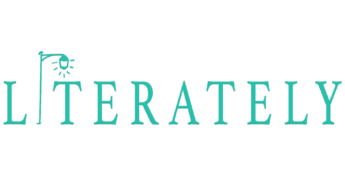

Each season of Literately focuses on a single piece of literature. The team reads the unabridged piece aloud, like an audiobook, and when evidence of character development or symbolism come up, we stop reading and we discuss. When lines from the text sound important or feel weighty, we make a note of it. When recurring themes are brought up, we annotate. In doing so, we not only help readers gain a more comprehensive understanding of our texts, but, if they annotate along with us, they will have a fully marked up book at the end of the unit, which they can then use to prepare for tests or easily mine for information when writing an essay. Yes, it might take a few more minutes than listening to an audiobook on top speed, but the extra time will directly pay off in understanding.
While reading is an independent task, stories are best enjoyed and understood when we experience them together. So grab your book, a pencil, and some headphones, and lets read!

